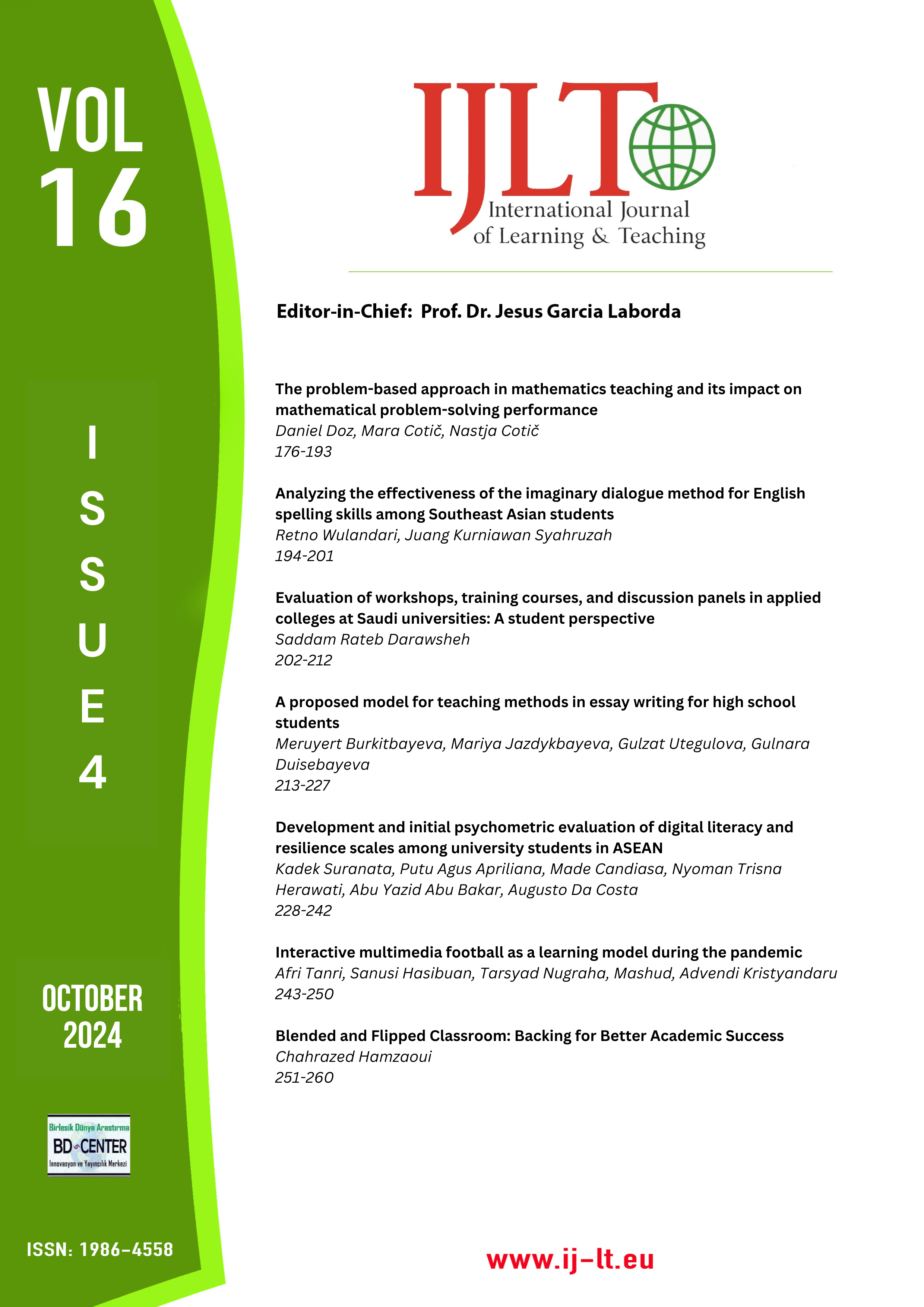Interactive multimedia football as a learning model during the pandemic
Main Article Content
Abstract
The delivery of football learning materials presents challenges for educators, particularly when practical components must be taught remotely. This study aims to develop an interactive multimedia learning tool for football courses at the Faculty of Sports Science, Medan State University, especially during the COVID-19 pandemic. The research follows a research and development approach to create and validate educational products. The study involved two trial phases, with 30 participants in the first phase and 60 in the second. Data were analyzed using percentage techniques and quantitative methods. Findings indicate that the interactive multimedia tool effectively enhances students' understanding of basic football techniques, achieving an 80 percent success rate. The study developed the "ARA Model" application through three stages: pre-development, development, and evaluation. A needs analysis was conducted through surveys, expert consultations, and focus group discussions. The effectiveness and efficiency of the product were assessed using closed and open questionnaires. Validation involved experts in football, sports coaching, and information technology. The results demonstrate that interactive multimedia is a valuable tool for football education, offering an effective learning model during disruptions such as the COVID-19 pandemic.
Keywords: E-learning; football; interactive multimedia; model learning; physical education.
Downloads
Article Details

This work is licensed under a Creative Commons Attribution-NonCommercial-NoDerivatives 4.0 International License.
Authors who publish with this journal agree to the following terms:
- Authors retain copyright and grant the journal right of first publication with the work simultaneously licensed under a Creative Commons Attribution License that allows others to share the work with an acknowledgement of the work's authorship and initial publication in this journal.
- Authors are able to enter into separate, additional contractual arrangements for the non-exclusive distribution of the journal's published version of the work (e.g., post it to an institutional repository or publish it in a book), with an acknowledgement of its initial publication in this journal.
- Authors are permitted and encouraged to post their work online (e.g., in institutional repositories or on their website) prior to and during the submission process, as it can lead to productive exchanges, as well as earlier and greater citation of published work (SeeThe Effect of Open Access).
